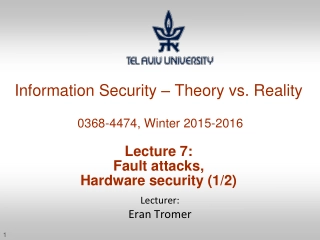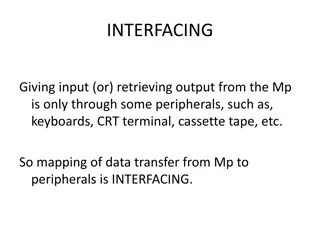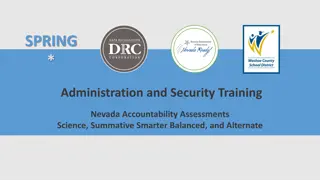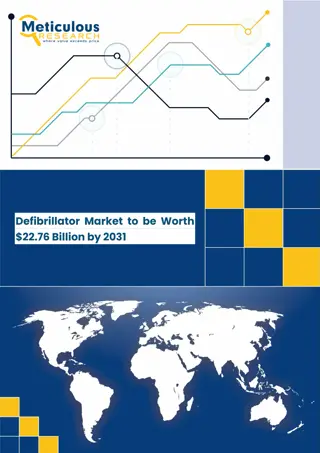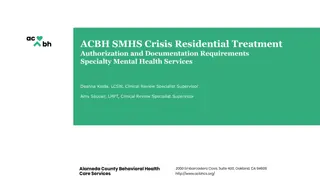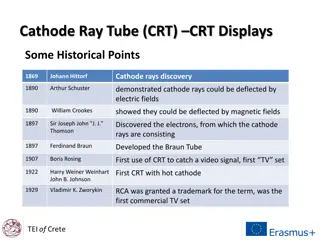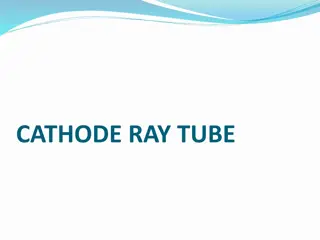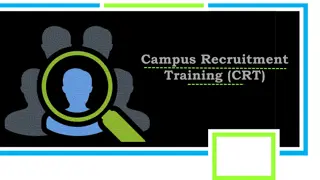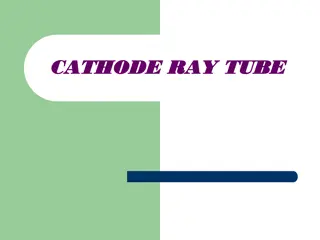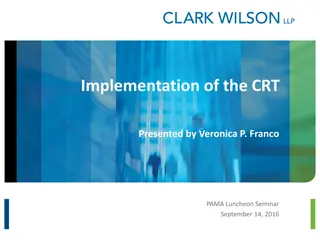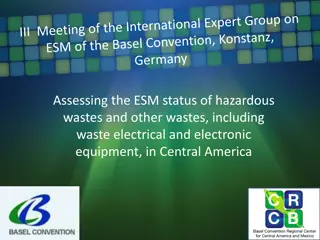
An Overview of CRT: Clinical Response Team for Mental Health Support
Learn about CRT, a skilled Clinical Response Team developed by Oak Hill and Gilead Community Services to support individuals with complex mental health needs. The program focuses on trauma-informed care, individual needs, and collaborative efforts to provide a healing environment. Discover the goals of CRT, how to make a referral, required documents, and the discharge process.
Download Presentation

Please find below an Image/Link to download the presentation.
The content on the website is provided AS IS for your information and personal use only. It may not be sold, licensed, or shared on other websites without obtaining consent from the author. If you encounter any issues during the download, it is possible that the publisher has removed the file from their server.
You are allowed to download the files provided on this website for personal or commercial use, subject to the condition that they are used lawfully. All files are the property of their respective owners.
The content on the website is provided AS IS for your information and personal use only. It may not be sold, licensed, or shared on other websites without obtaining consent from the author.
E N D
Presentation Transcript
CRT Clinical Response Team
WHAT IS CRT Oak Hill and Gilead Community Services, in partnership with DDS, have developed a skilled Clinical Response Team, trained to effectively support individuals with complex mental health and behavioral health needs. The CRT currently consists of two clinicians, a coordinator, and a nurse working together to meet the needs of people referred to the program.
PHILOSOPHY OF THE PROGRAM The CRT utilizes a trauma informed approach integrating safety, trustworthiness, choice, collaboration, and empowerment to create a healing environment and supportive relationships. CRT believes that focusing on each individual s needs is an essential part of any person s growth and success. Oak Hill and Gilead Community Services provides a collaboration with appropriate affiliates, contractors, and DDS clinicians to ensure a continuum of care delivered in the most appropriate and least restrictive setting.
THE GOALS OF THE CRT ARE TO PROVIDE PARTICIPANTS WITH AN ARRAY OF BENEFITS INCLUDING: Reduced emergency services and state facility/hospital admissions Increased consumer community involvement Provide consultation , resources, and collaborative efforts Reduce incidents of targeted behaviors
HOW TO MAKE A CRT REFERRAL The case manager identifies the possible need for CRT services. This is done in collaboration with the provider. The case manager completes the CRT referral form. The form is given to the Clinical Director for that region. Dr. Dawne Recinos-south region Dr. Rachel Duzant-north region The referral is then sent to the CRT coordinator with the required documents and signatures.
REQUIRED DOCUMENTS Complete CRT referral form with names, phone numbers and emails for contacts Signed HIPAA form Signed Provider Agreement for residential and day program (if warranted) Signed release of information for clinical services (CHR clinicians, Cornell Scott, etc.) Recent LON BSP IP Most recent Psychological Guardianship decree if recently changed
DISCHARGE Once CRT has completed their 90 days a discharge meeting will be held. This includes the case manager and team members for the discharge. SUCCESS STORIES Group home SLA Private home
IMPORTANT THINGS TO KNOW ABOUT CRT We are not a replacement for getting a behaviorist. We are mandated reporters. We are not in the home seven days a week. We are not crisis clinicians available 24/7. We are working with the individual and their team for 90 days.



